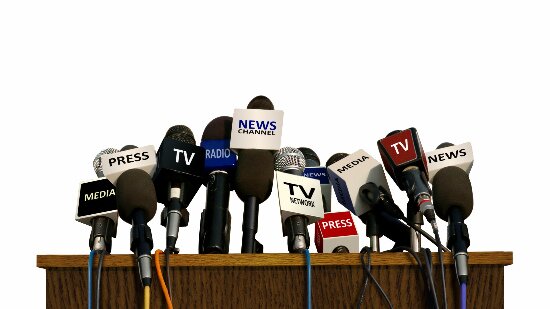Should Hong Kong review its regulation of misleading TV advertising on medicines and medical equipments, weight loss, breast enlargement and body lengthening products?
The question arose in light of a temporary ban on such TV advertising across the country from August 1 this year.
The ban is targeted at misleading advertisements in which some direct selling companies exaggerate the results of treatment or the product functions, based on so-called "scientific findings or proofs" and demonstrations of the before-and-after contrast to show the "magic transformation".
According to the mainland authorities, these were particularly common in TV advertisements of breast enlargement and slimming products or treatments.
A Consumer Council survey, in consultation with the Television and Entertainment Licensing Authority (TELA), has shown that by and large TV advertising of such categories of products and services included in the mainland ban, is covered generally by the TV advertising Code under its provisions governing truthful presentation, factual claims and misleadingness.
The Code stipulates: "No advertisements may contain any descriptions, claims or illustrations which expressly or by implication depart from truth or mislead about the product or service advertised or about its suitability for the purpose recommended".
Nonetheless, there are no provisions in the Code that govern specifically medical equipment, breast enlargement and body lengthening products.
Advertisements of medical preparations and treatments, and of products and services relating to weight loss programmes or slimming products/treatments are dealt with in specific provisions in the Code.
The Council survey, however, found a glaring loophole which TV advertisers of slimming products or services are apparently exploiting to their advantage.
TV shows sponsored by slimming operators, featuring testimonials by celebrities, and depicting results of their "successful stories", are not regarded as commercials and as such are not governed by the TV Advertising Code.
The situation clearly needs to be addressed. Tighter control should be considered to protect consumers who are unable to discern the potentially misleading nature of such sponsored TV programmes.
Between January 2005 and July 2006, the Broadcasting Authority (BA) processed 8 complaint cases about TV advertising claims made on medical preparations, health and slimming products. Two of the cases, a slimming product and a medical preparation, were subsequently considered justified.
In 2004, the Consumer Council, acting on complaints, conducted a study on a body lengthening machine which was heavily advertised on TV. The Council found the claim made by the product that it could help people grow taller, to be misleading, untrue and without medical proof.
The case was referred to the BA which took the course of action open to them in accordance with the Code - the two TV stations which broadcast the misleading advertisement were strongly advised to observe more closely the relevant provisions.
Finally, it should be noted that the BA code applies only to television and radio, but not the print media, i.e. newspapers and magazines.
The Consumer Council reserves all its right (including copyright) in respect of CHOICE Magazine and Online CHOICE ( https://echoice.consumer.org.hk/ ).



